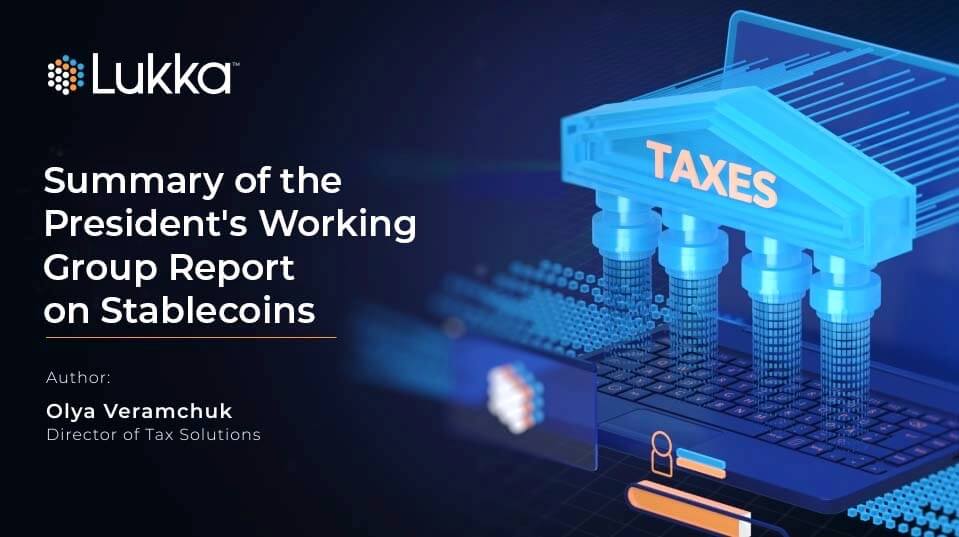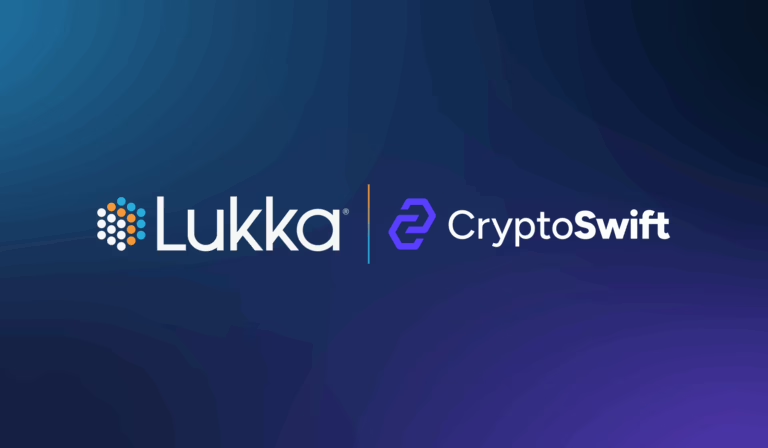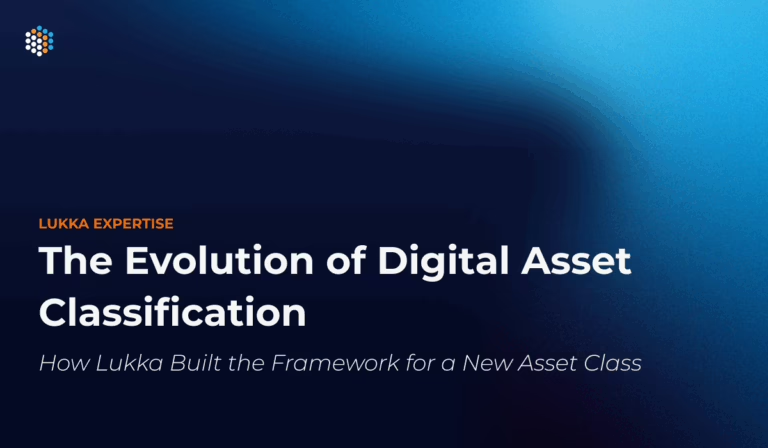President’s Working Group (“PWG”) on Financial Markets issued the long-awaited Report on Stablecoins on Monday, November 1, 2021. It is not entirely surprising that PWG focused their efforts on stablecoins – digital assets, the value of which are pegged to the traditional currency, – undeniably a low-hanging fruit in the crypto ecosystem. Certain stablecoins generated negative publicity earlier this year, when findings were published about the reserved asset composition, which revealed that not every token was backed 1:1 by USD or US Treasury bills. Instead, some held a high percentage of riskier assets in their reserves (i.e., other digital assets, commercial papers, corporate bonds, and others).
The report acknowledged the proliferation and importance of stablecoins. In addition, it provided comprehensive coverage of the asset’s use cases, including vital importance to DeFi activities, such as lending, borrowing of other digital assets, trading, store, and transfer of value, all of which arguably would reduce the need for the traditional financial institutions.
PWG identified the following risks related to stablecoin usage, which the regulators consider to be inadequately addressed “due to the lack of consistent risk-management standards among arrangements, the number of different key parties that may be involved in an arrangement, and the operational complexity of an arrangement”:
- Loss of value and stablecoin run risk, where lack of performance “according to expectations” would result in a “run”, defined as a “self-reinforcing cycle of redemptions and fire sales of reserve assets.” Prudential standards absent, risks to the broader financial system “could rapidly increase as well,” the report states.
- Payment systems risks, which essentially include all of the same risks that users in the traditional financial system are exposed to: credit risk, liquidity risk, operational risk, risks arising from improper or ineffective system governance, and settlement risk. However, because of the decentralized nature of many stablecoins, it is unclear who and what manner should be responsible for risk management.
- Operational risk, where “deficiencies in information systems or internal processes, human errors, management failures, or disruptions from external events” would result in the overall breakdown or deterioration of services. The regulators point out that “operational issues in a payment system can disrupt the ability of users to make payments, which can in turn disrupt economic activity.”
- Settlement risk, which means that a payment would not settle as expected. Because stablecoins lack clear definitions with respect to when the settlement should be considered final, credit and liquidity pressures for transaction participants the finalization of the settlement “heightened uncertainty and create credit and liquidity pressures for arrangement participants.”
- Liquidity risk, which can arise as a result of operational misalignments between stablecoins and traditional systems, “causing temporary shortages in the quantity of stablecoins available to make payments.”
- Risks of scale, including systemic risk and concentration of economic power, which could “have detrimental effects on competition and lead to market concentration in sectors of the real economy” due to the lack of competition.
Because stablecoins are not subject to a “consistent set of prudential regulatory standards” that would address and mitigate the risks outlined above, PWG suggests the following:
- Limit stablecoin issuance to entities that are “insured depository institutions” (i.e., banks) and prohibit others from doing so. As a result, “stablecoins would be subject to supervision and regulation at the depository institution level by a federal banking agency and consolidated supervision and regulation by the Federal Reserve at the holding company level.” This would address the user protection and run risks.
- Subject custodial wallet providers to appropriate federal oversight, including “authority to restrict these service providers from lending customer stablecoins, and to require compliance with appropriate risk-management, liquidity, and capital requirements”. That would address payment system risk.
- Further, any “affiliation with commercial entities” and use of transactional data should be limited. In addition, supervisors should have the ability to adopt standards to promote interoperability among stablecoins, or between stablecoins and other payment instruments. That would address the systemic risk and concentration of economic power.
The regulators urged Congress to issue the relevant regulations as soon as possible. They also noted their continuing efforts at the FATF “to encourage countries to implement international AML/CFT standards and pursue additional resources to support supervision of domestic AML/CFT regulations.”


